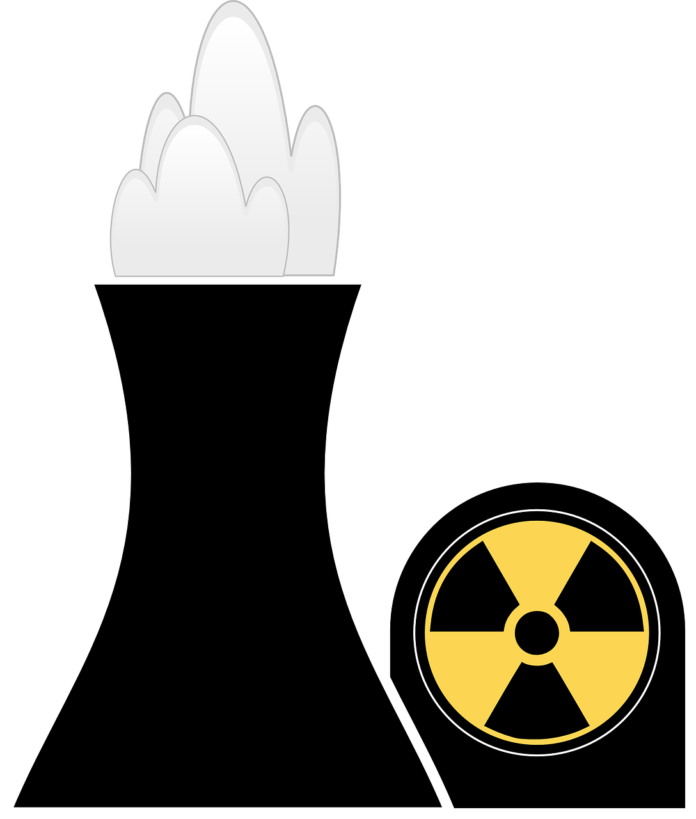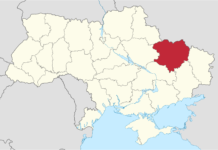In an important development for the future of energy and development in Iraq, Rafael Grossi, the head of the International Atomic Energy Agency (IAEA), recently visited Baghdad for talks with Iraqi Prime Minister Mohammed Shia al-Sudani and other officials. The discussions focused on Iraq’s plans to leverage nuclear technology for peaceful and developmental purposes.
Iraqi Education Minister Naim al-Aboudi briefed reporters about the meetings, revealing that building a nuclear reactor for non-military use was among the key topics. These talks are a precursor to setting a strategic direction for Iraq’s nuclear program, reflecting a broader regional shift towards nuclear energy, as observed in the United Arab Emirates and Egypt.
Grossi highlighted the initiative’s timeliness, given the region’s increasing interest in nuclear energy. Iraq, with its complex history of nuclear endeavors at the Tuwaitha site near Baghdad — which saw reactors destroyed in conflicts in 1981 and 1991 — is now looking to pivot towards utilizing nuclear technology for growth and development. Grossi expressed enthusiasm for moving beyond Iraq’s past challenges with nuclear technology towards a productive future.
The IAEA extended an invitation to Prime Minister Mohammed Shia al-Sudani for a nuclear energy summit in Brussels, marking a step forward in global cooperation for Iraq’s nuclear ambitions. An Iraqi delegation is slated to visit the IAEA headquarters soon to detail a roadmap for adopting nuclear technology for non-military uses.
Prime Minister al-Sudani reaffirmed Iraq’s long-standing commitment to the IAEA’s frameworks, emphasizing the country’s view of nuclear energy as a source of prosperity rather than weaponry. He also highlighted Iraq’s integration efforts into global nuclear safety standards, illustrating its readiness to re-engage with peaceful nuclear applications with IAEA support.
In response, Grossi lauded Iraq’s proactive stance with the IAEA and reiterated the agency’s readiness to assist Iraq in its peaceful nuclear projects. These projects, covering energy production, water desalination, and medical treatments, demonstrate the diverse benefits of peaceful nuclear technology.
This collaboration signifies Iraq’s shift towards using nuclear energy to meet its development goals and improve the well-being of its citizens, all while maintaining a commitment to safety and non-proliferation standards.










